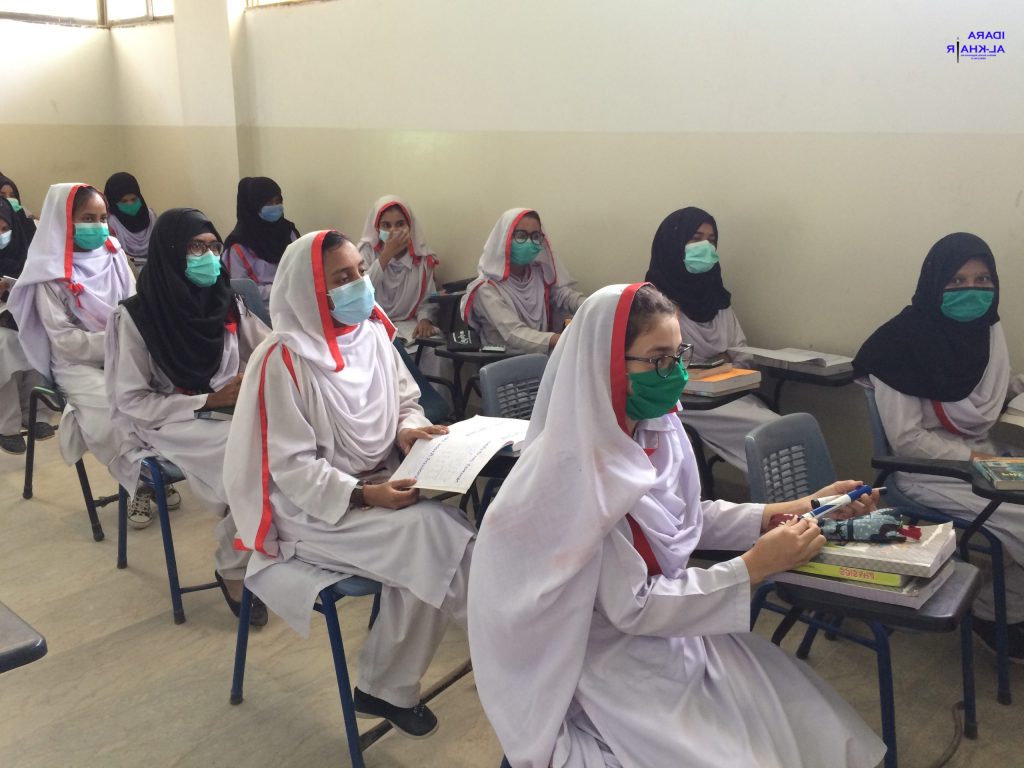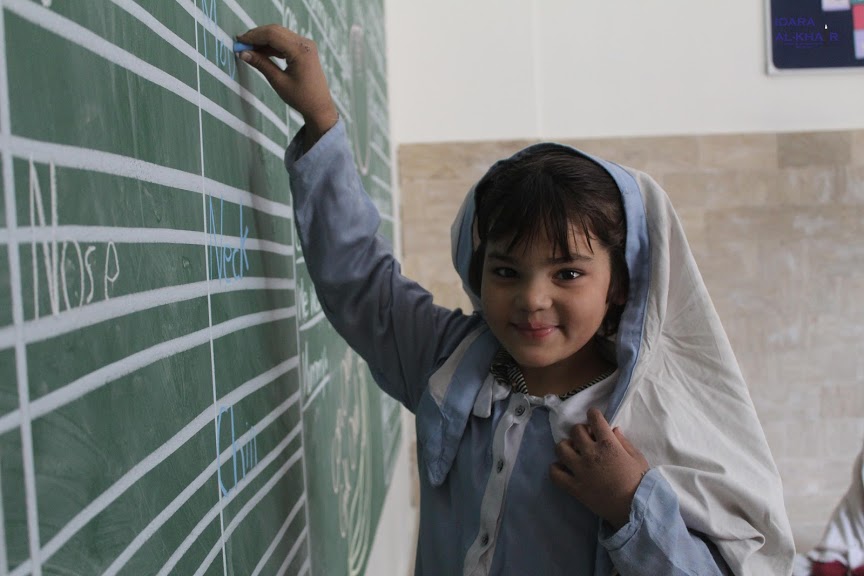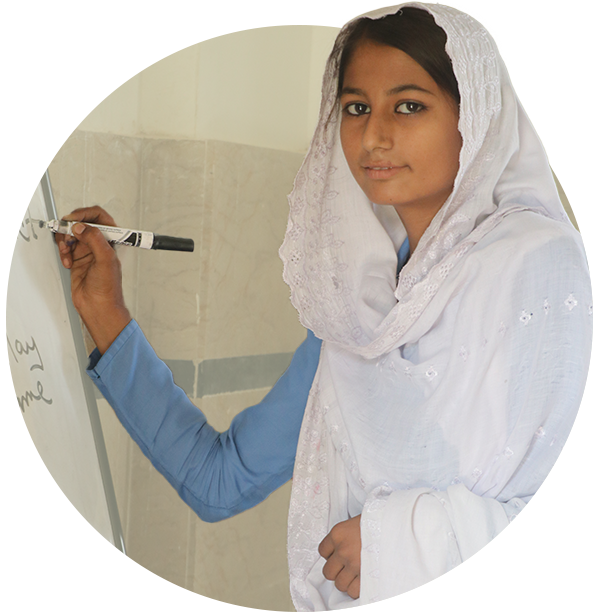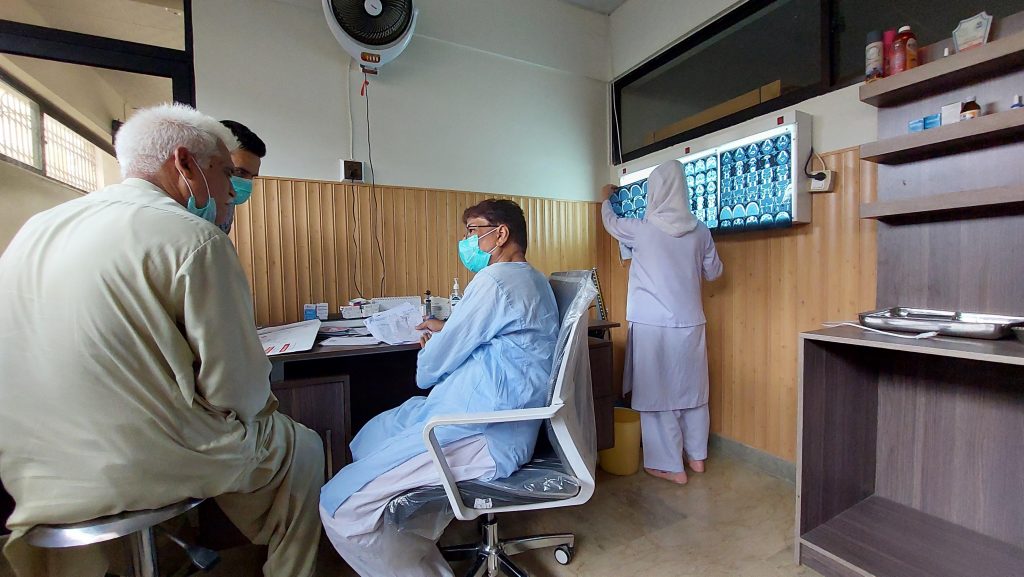Building Communities in
Pakistan
Thousands of people live in and around Jam Chakro, surviving each day in some of the harshest conditions of the world.
We knew we wanted to provide them with the facilities to help them break the chains of generational poverty. Within a 10km radius, we have built 4 schools, a college, a medical facility and women's skills training center in partnership with the Idara Al Khair Welfare society.
Today, our campuses are bustling with computer labs, libraries, playgrounds, cricket fields, clean water, food programs and so much more. 1,300 children now feel their dreams are in reach thanks to you.


Tackling Female Illiteracy
Today, 49% of our 1,300 students are female and 70% of our college enrollees are female. As girls enter our schools, they are inspiring extended family members to do the same. The sky is the limit for these young women who share that their education makes them feel their hopes and dreams are boundless!
Absolving poverty requires a multi-faceted approach, education is one of them.
1,300 students arrive at 7 am each morning, eager to learn something new in our classrooms each day.
Changing the World.One Story at a Time.
“I am the second girl in my family, who is getting an education from Thaakat. There was a time, my patriarchal family was the main hurdle in the way of my education. After the graduation of my sister from this same school circumstances changed.
In the past, boys were always given higher importance than girls. Now, we are equally treated. In my family, my father did not use to support me in educational matters, but my mother has always supported me. My father’s view regarding female education is changing gradually. The result is that my sister is teaching with the consent of my father.
The change of mind of my family towards female education is the widespread impact of the work of Thaakat and Al Khair Welfare.”
—Laila, 9th Grade Student
Thaakat DREAMS Campus 8


Delivering Better Health Services to Pakistan's Poor
Over the last two decades, while imparting quality education for the villages in and around Jam Charko, our team observed the effects of the absence of adequate healthcare facilities in the areas where we operate.
Lack of healthcare facilities and infrastructure in these slum areas can have several negative effects on the community. Today, we operate an 8 bed medical facility which treats an average of 1,500 patients monthly. Our specialists s provide surgeries such as gallstone and kidney stone removal, tonsillectomies, hernia repairs and so much more.
Our next milestone is to construct a 50 bed ENT specialty and general healthcare focused tertiary care hospital located central to all of our campuses.
Clean Water is a Basic Right
Thaakat is working to provide clean water in the drought stricken regions
of Tharparkar, Pakistan
In the district of Tharparker, located southeast of Sindh, Pakistan, more than 90% of the population lives in rural villages without access to clean water.
Women and girls often have to travel more than three miles to collect water and spend an average of three to five hours fetching water.
We’ve launched more than 2 dozen solar-powered water plants in this drought-stricken region. Water flows at the tug of a handle and the whole family happily engages in the process. The women benefit greatly from these solar wells but so do livestock and agriculture. It is transforming communities!
